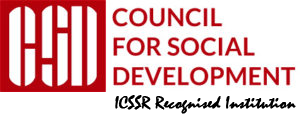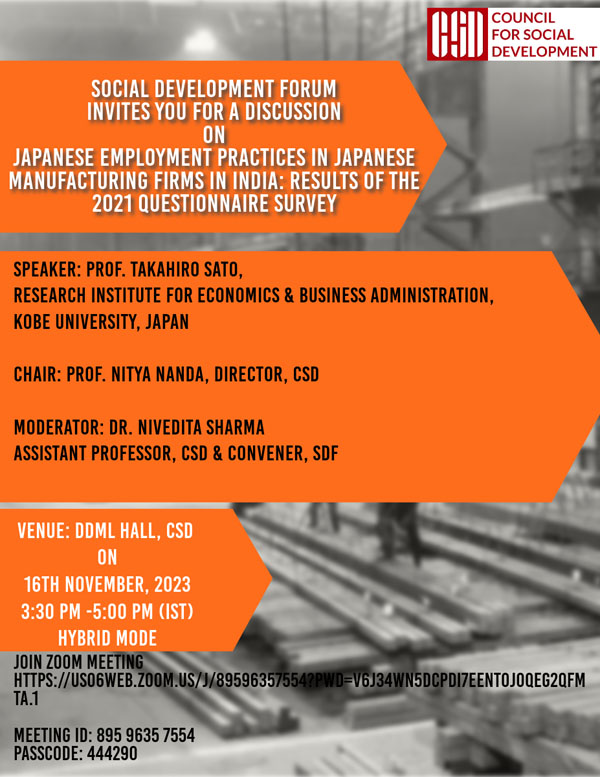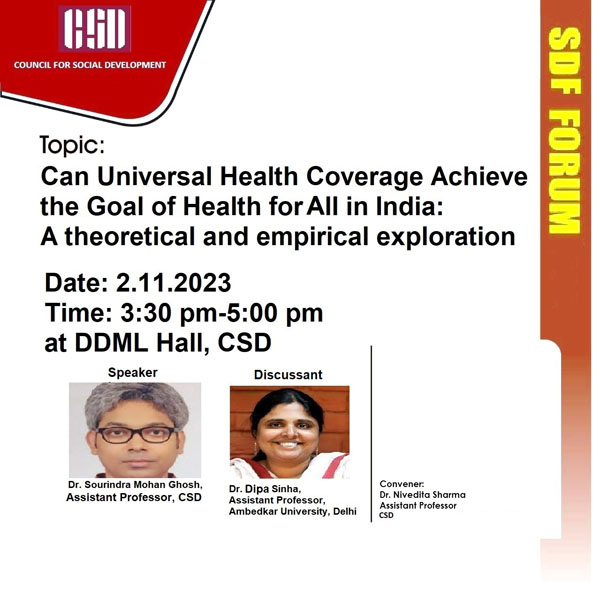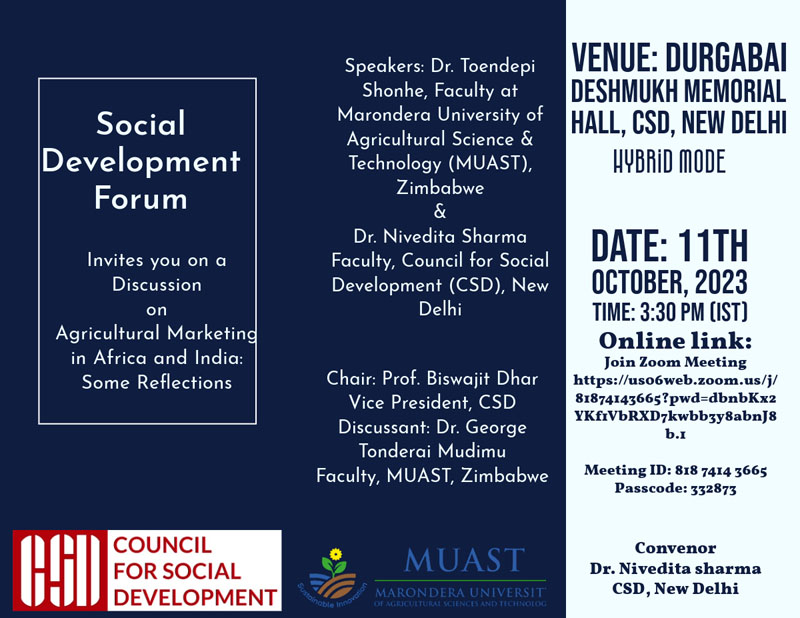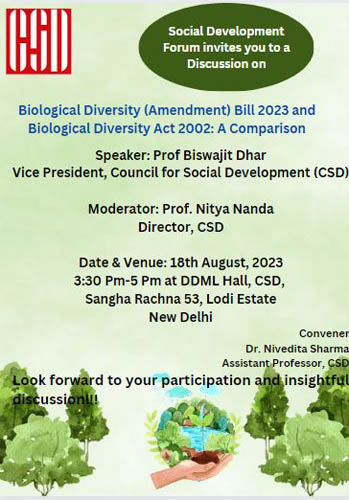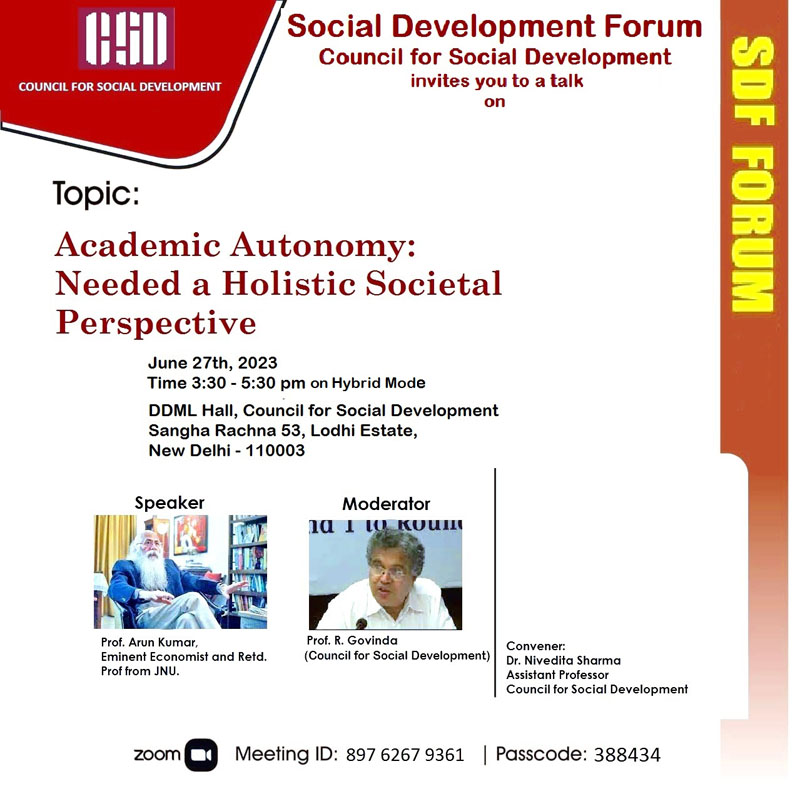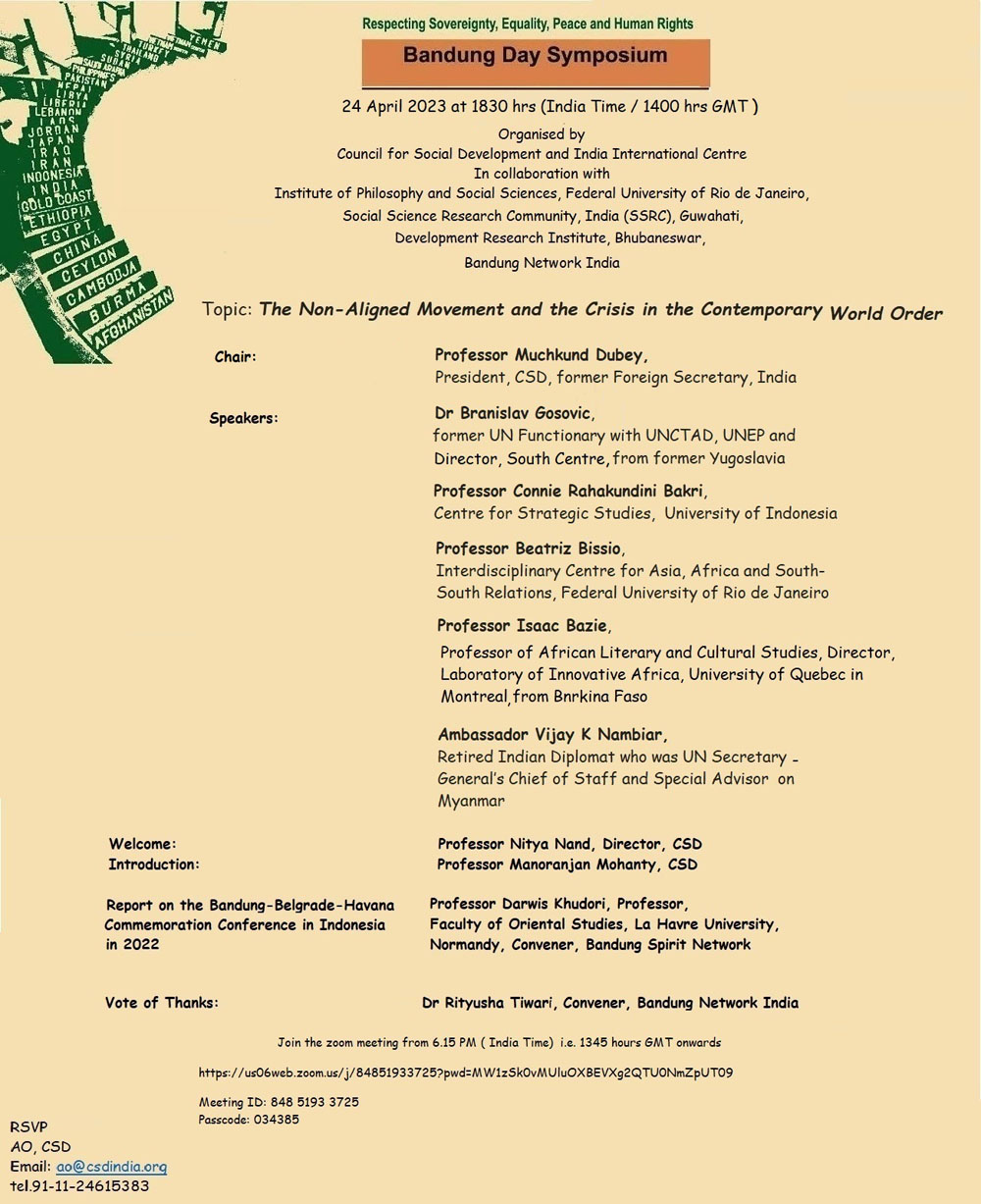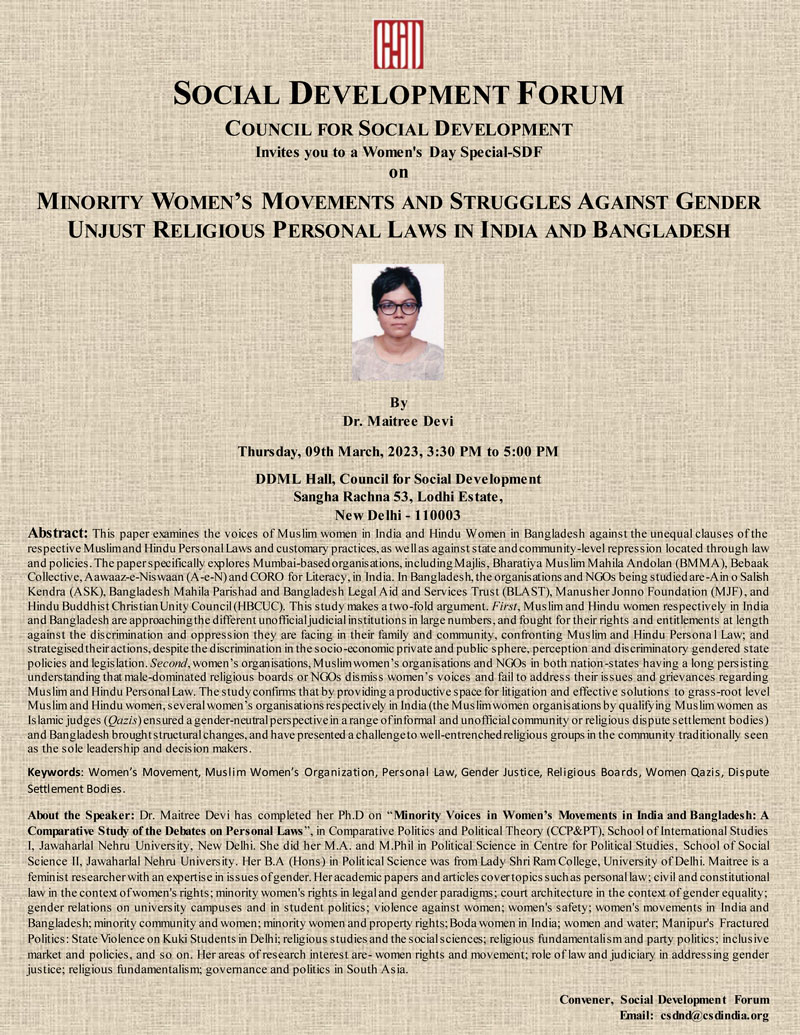Social Development Forum Discussion
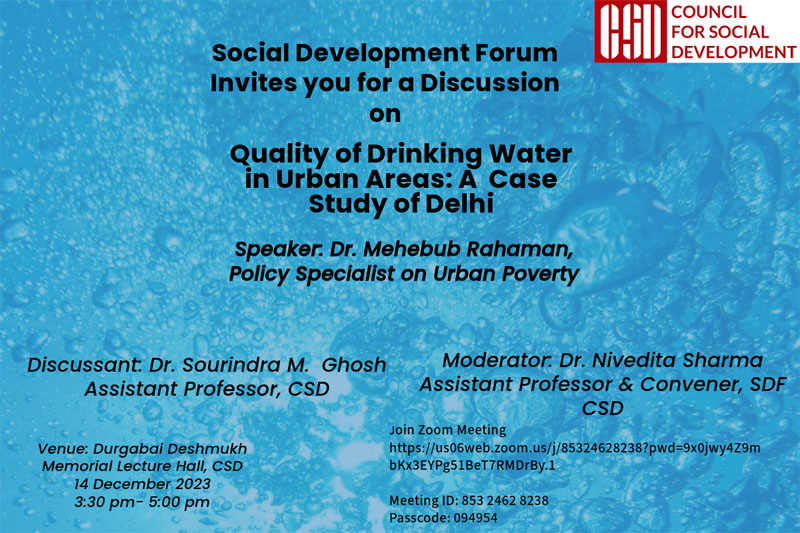
Access to clean and safe drinking water is of paramount importance for public health, yet urban slum dwellers often face significant challenges in maintaining water quality. In the context of Delhi’s urban slum areas, this 12-month follow-up study examines the deteriorating quality of drinking water, in the capital city of Delhi, India, encompassing diverse climatic conditions.
The study employs microbial analysis and assesses physio-chemical parameters to explore contamination levels during water transport and storage, shedding light on the often-overlooked temporal variations in water quality. The findings highlight a concerning scenario where two-thirds of water samples exceeded WHO limits at both tap and household levels, with approximately 60% of samples displaying post-supply deterioration. Seasonal trends reveal contamination peaks during the hot summer months and monsoon season, correlating with temperature and rainfall. The research also delves into the connection between drinking water quality and childhood diarrhoea prevalence. The study captures a contamination pathway from the tap to household storage, emphasizing the influence of transportation, handling, and community environment on water quality. The risk analysis reveals a significant rise in diarrhoea risk linked to total and faecal coliform contamination. Eliminating such contamination could potentially lead to a 33% and 31% reduction in diarrhoea burden, as indicated by Population Attributable Fraction (PAF) analysis.
The study concludes with policy recommendations, advocating for widespread campaigns on water, sanitation, and hygiene, robust real-time monitoring, prioritization of piped water for households, especially in slums, and further research for effective, low-cost urban interventions.
